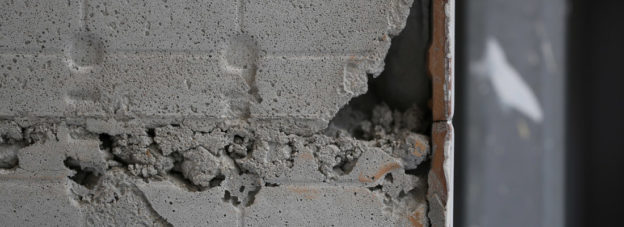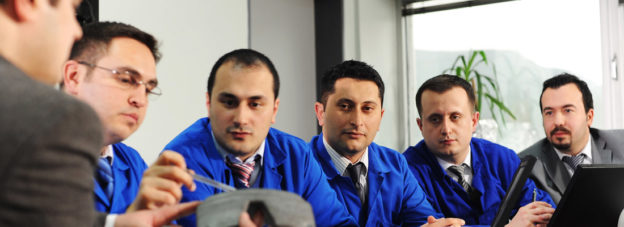By: Gus Sara and William L. Doerler
In Western Heritage Ins. Co. v. Frances Todd, Inc. 2019 Cal. App. Lexis 299, the Court of Appeals of California, First Appellate District, addressed whether a commercial condominium association’s carrier could subrogate against the tenants (aka lessees) of one of its member unit owners. After examining the condominium association’s declarations, as well as the lease terms between the owner and the lessees, the court held that the association’s carrier could not subrogate against the lessees because they were implied co-insureds on the policy. To reach its decision, the court explained that an insurer steps into the shoes of its insured, not the party with whom it is in privity. Although the first-party property portion of the association’s insurance policy did not, as required by the association’s declarations, have the owner listed as an additional named insured, the court held that it would be inequitable to treat the association as the sole insured for purposes of determining Western Heritage’s right to bring a subrogation action. Continue reading →
This entry was posted in 




